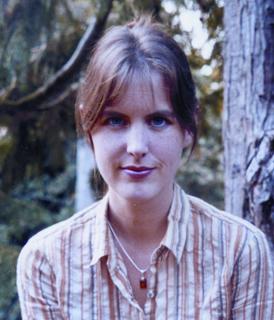 "Sally Read’s first collection is a marvellous book, bringing together poignant and lyrical meditations on love, mortality, art, healing and the Italian landscape in poems of fine judgement and a true poet’s skill. The Point of Splitting marks the debut of an accomplished writer, not only one to watch, but one to read now, for her wit, craft, and clear vision" – John Burnside
"Sally Read’s first collection is a marvellous book, bringing together poignant and lyrical meditations on love, mortality, art, healing and the Italian landscape in poems of fine judgement and a true poet’s skill. The Point of Splitting marks the debut of an accomplished writer, not only one to watch, but one to read now, for her wit, craft, and clear vision" – John BurnsideI had drinks with Sally Read yesterday in London - some fine white wine from New Zealand. It was a treat. She's reading as part of the major Oxfam fundraiser this Thursday in London.
Ms. Read is, to my mind, one of the most brave and clever of the poets born in the UK in the last thirty or so years - her work straddles traditions without fear and with style. Basically, we discussed poetry, and our unabashed embrace of it, whether (North) American or British (and beyond).
She and I both share a great respect for the American poet, Baron Wormser (as well as a passion for Amy Clampitt). I mean to write a review someday (but how the days fly) of her debut from Bloodaxe, The Point of Splitting (see John Burnside's quote above); suffice it to say, you won't find a much more daring, well-made, satisfying or probing series of poems on the body, desire, sex, and death (and yes other things) written by an English woman (or man) this year.
Comments